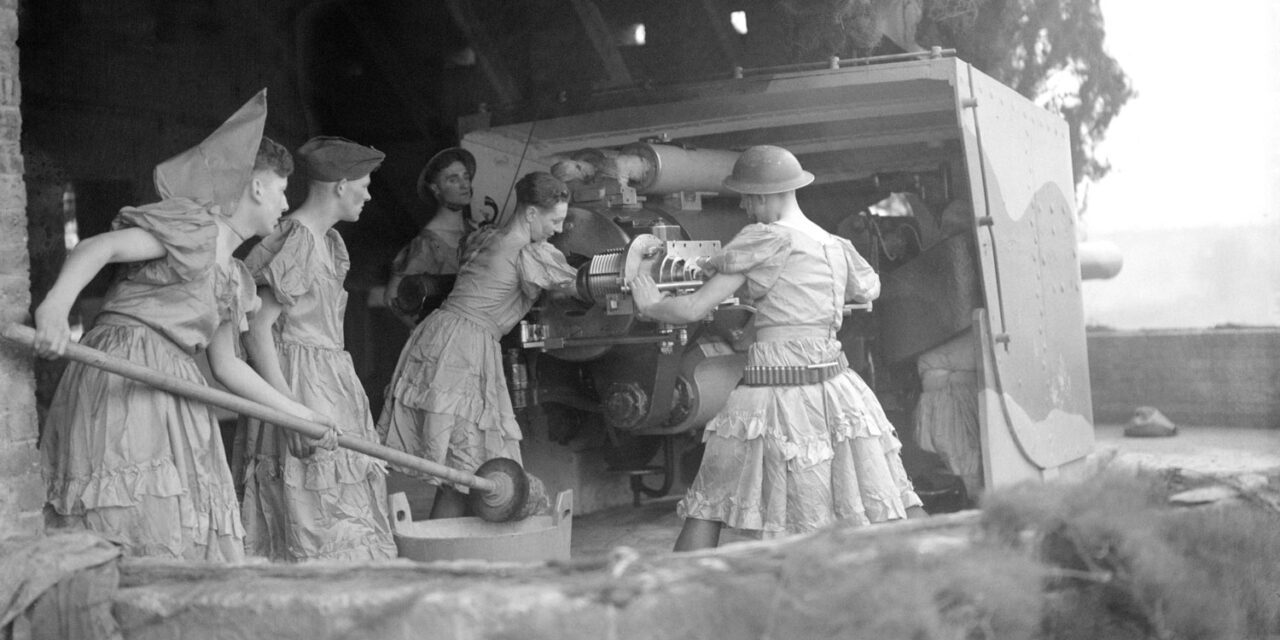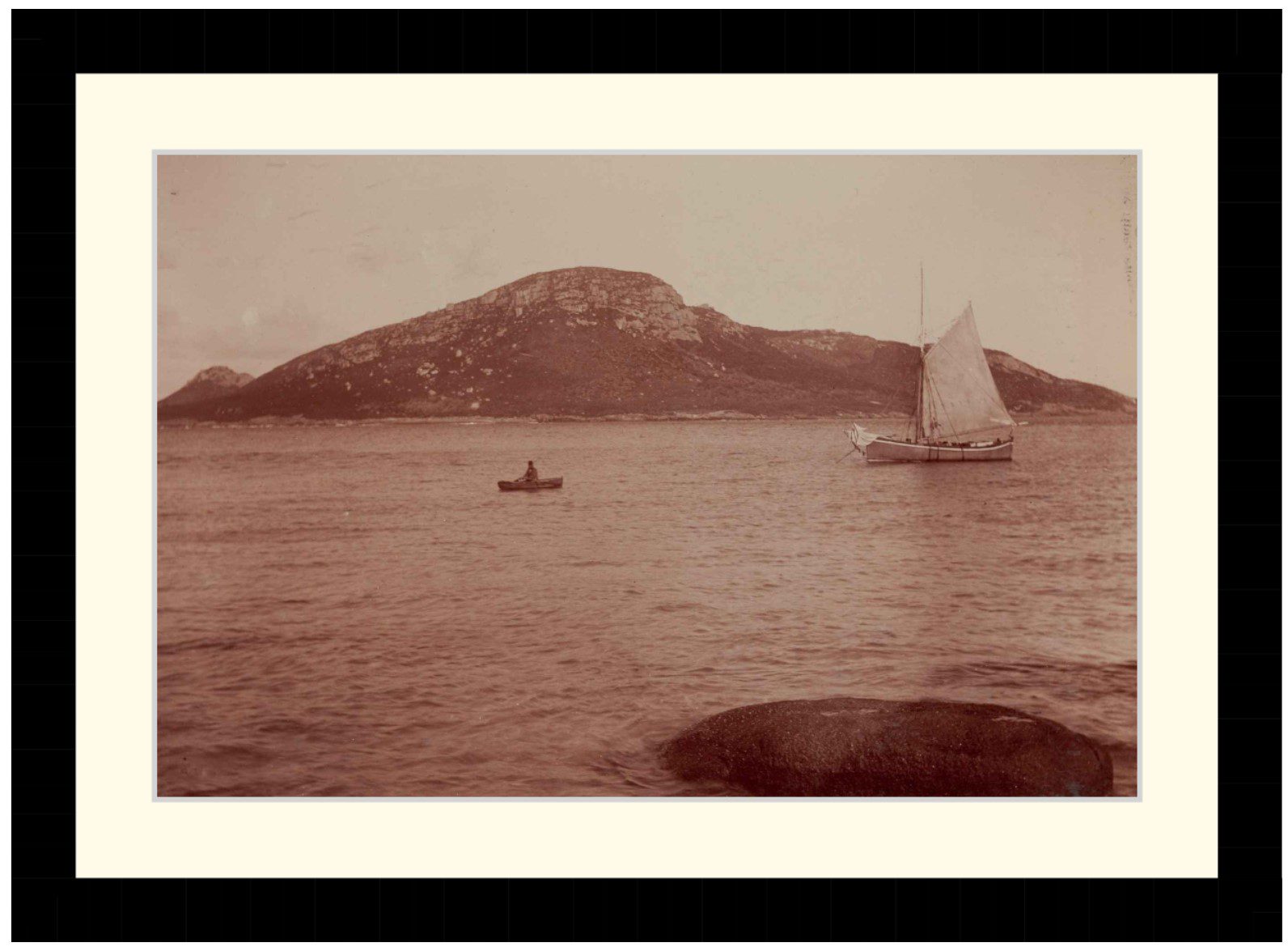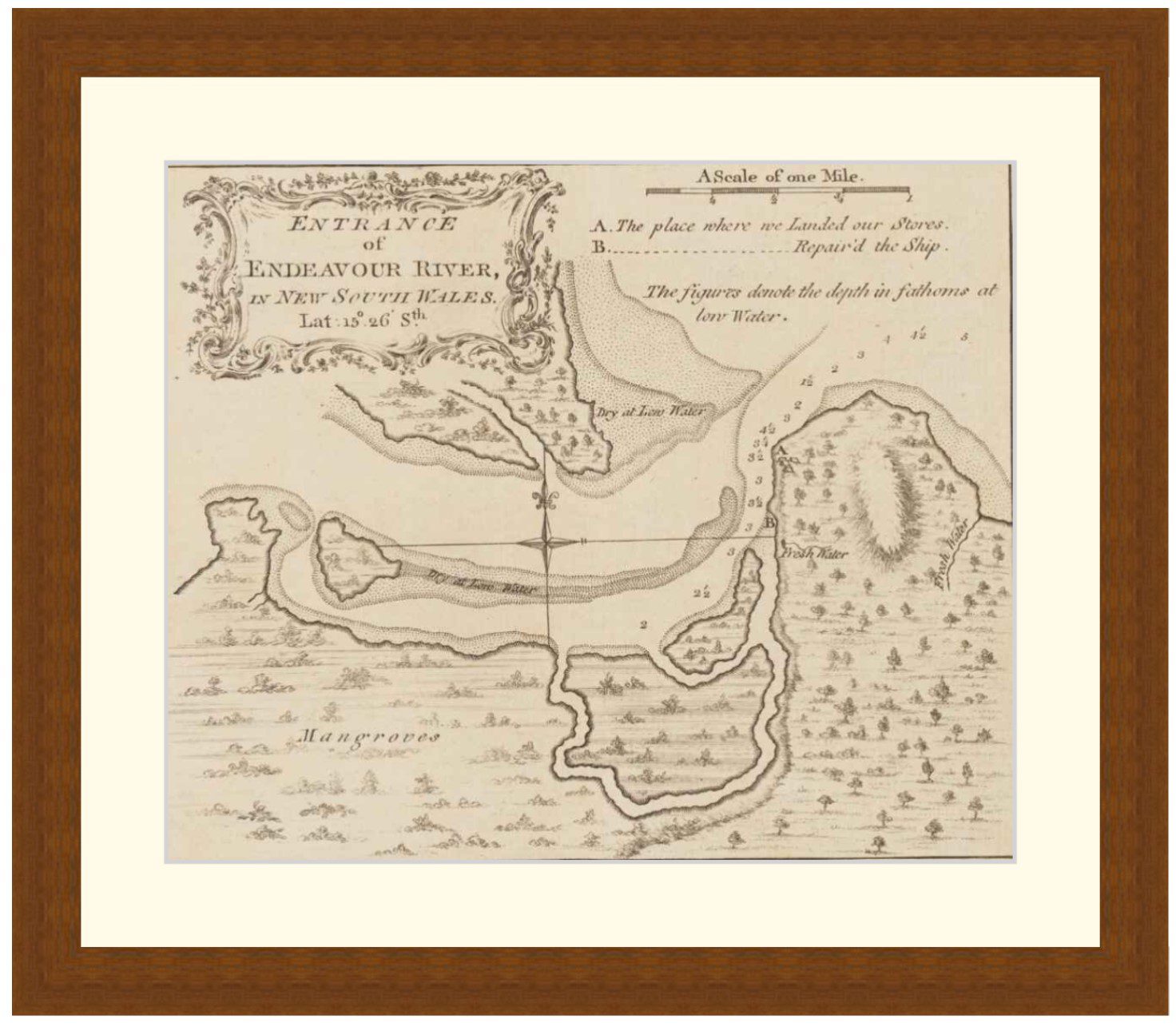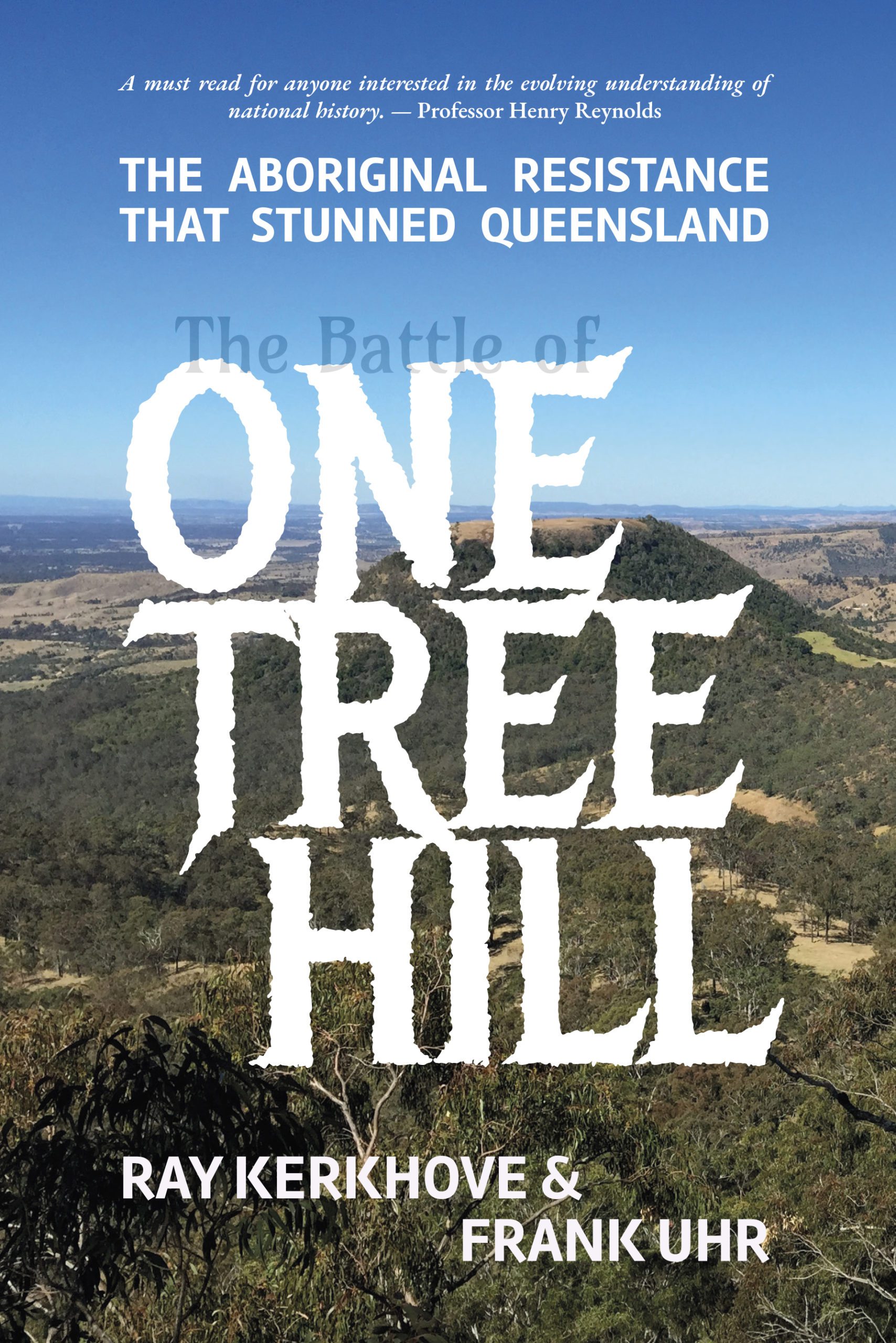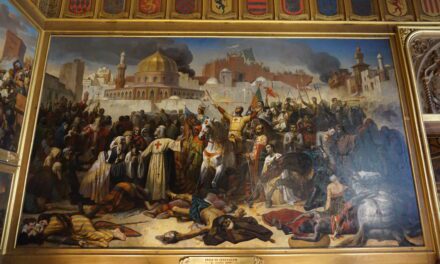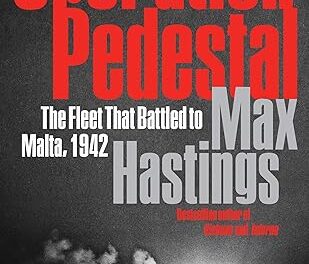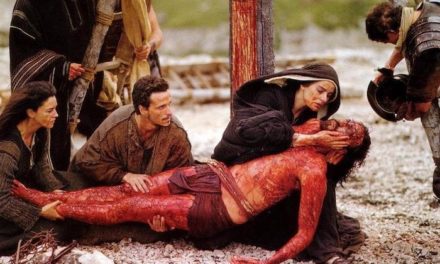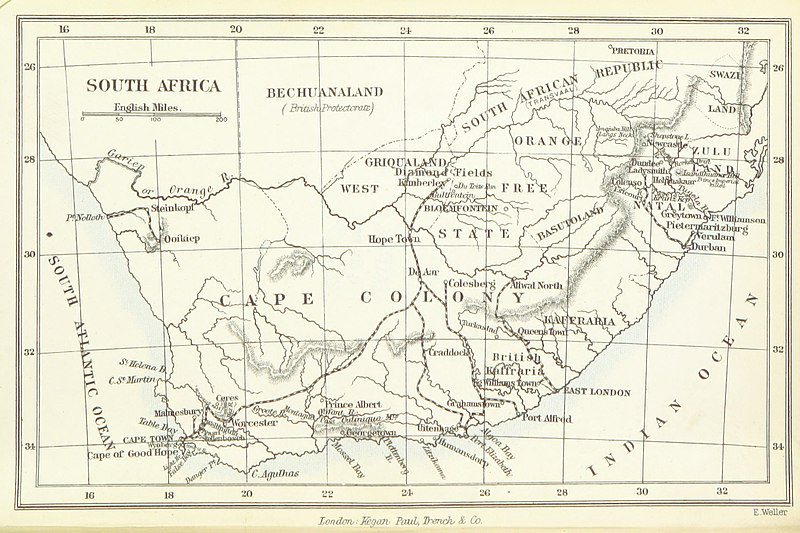Reading time: 6 minutes
When Britain entered the Second World War in 1939, all citizens were heartily encouraged to ‘do their bit’ for the war effort–even those who were otherwise considered ‘undesirable.’ Indeed, despite the then-ban on LGBT people in military service, many queer people were hand-waved through the recruitment process to bolster numbers.
By Mye Brooks.
Even when a person’s LGBT identity was obvious to examiners, the order of the time was simply to enlist them anyway. When one Terry Gardener, a drag performer by trade, endeavored to avoid military service by “really camp[ing] it up” during his physical examination, he instead found himself stationed as a cook in the Royal Navy. Only a very few, like camp entertainer Quentin Crisp, were turned away.
During the enlistment process and throughout the war, Britain kept a relatively laissez-faire attitude toward the identities and experiences of LGBT servicepeople. Across a fighting force of upwards of six million people, only some 1,800 courts-martial were convened for the ‘crime’ of ‘gross indecency’ during the war years. It was largely believed that the rigorous structure of military life would ‘straighten out’ LGBT people, and when they were caught engaging in homosexual acts, punishments were often relatively light–simple reprimands or hasty transfers to other units.
Furthermore, the British military sometimes borrowed from LGBT culture in its efforts to uphold morale. Drag shows were held regularly, and became such a staple of military life that British soldiers even staged them while they were being held as prisoners of war.
Even so, the administration had an uneasy relationship with these queer influences. When a dress rehearsal for a military drag show was interrupted by a Nazi attack, the performers rushed to their positions. These soldiers were photographed operating heavy artillery while still wearing their drag costumes. However, these images were suppressed by the Ministry of Information for fear that they may be discovered by the Axis powers—and this might make them appear weak to their enemies. Even after the war, these images remained secret: they were only made available to the public in 2018.
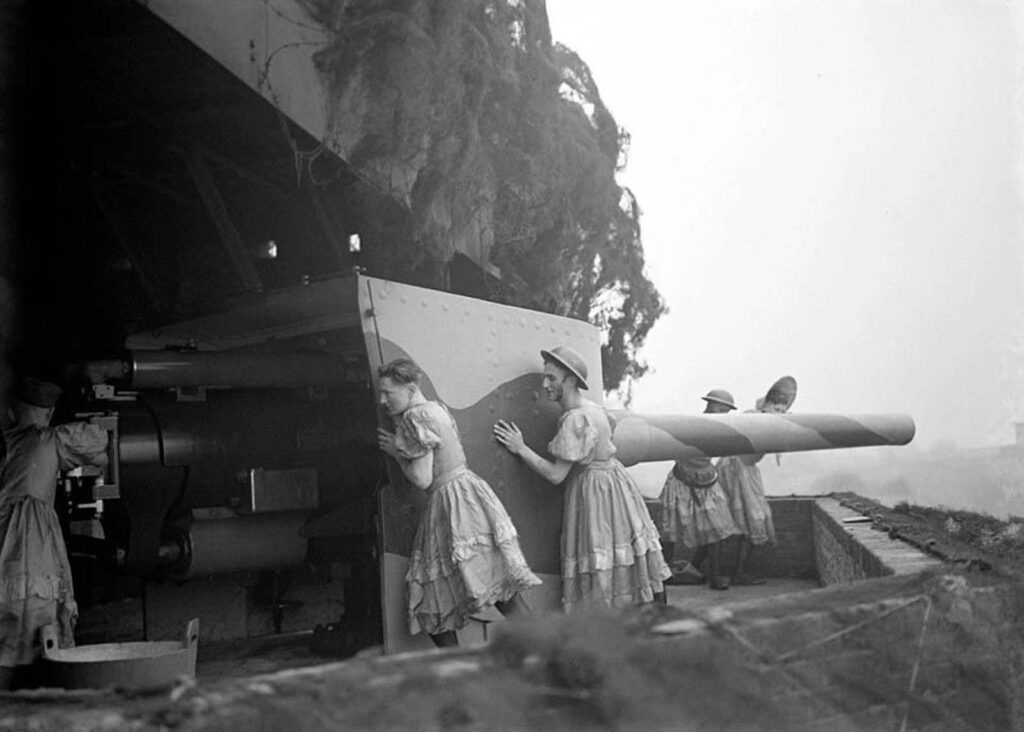
However, the camp sensibilities of LGBT servicepeople were often viewed as admirable by their comrades. A straight veteran lauded his queer fellows for their “amazing capacity to see the ridiculous part of life.” One man always got a laugh from his compatriots by handing down the order to ‘open fire, dear.’ Private Dudley Cave, who was openly homosexual during the war, recalled that the worst homophobic comment he’d received during that time was simply a joke about how he ‘held a broom like a woman.’
Many LGBT veterans recalled the war as a period of opportunity, the likes of which they had never encountered before. “Let’s face it,” said one Royal Air Force veteran, sixty years after the fact, “you’re queer and you’re surrounded by men. I was living in a man’s world and I was queer and you can’t ask for much more than that.” These sentiments were echoed by queer servicewomen, with one Sarah Allen calling the war a “godsend” for her romantic and sexual life. The more-open culture, plus the chance to escape one’s peacetime world, led many LGBT servicepeople to really explore their same-sex desires.
Historian Matt Houlbrook called the war “a kind of sexual utopia” for these people, “containing freedoms and possibilities absent both before and after.” Sexual relationships between soldiers were commonplace, including those involving servicemen who did not consider themselves to be homosexual. (Concepts of bisexuality did not exist in the public consciousness at this time.) One queer soldier, Dennis Prattley, recalls being told by a sexual partner that he reminded him of his “girl back home.” Prattley felt that his ability to provide this emotional and physical fulfillment to his comrades was part of ‘doing his bit’ for the war effort.
Eventually, however, the war’s end led society to return to more ‘traditional’ values—which were sometimes held more sacred than they had been before. Queer veterans, once grudgingly tolerated by their administration and respected by their comrades, faced renewed discrimination. 2,109 Englishmen were prosecuted for ‘gross indecency’ in the year 1952–nearly three times as many as the 719 who had faced the charge in 1938.
One of these 1952 ‘gross indecency’ cases was that of Alan Turing, who had been hailed as a hero during the war. His successes in decoding thousands of Nazi messages were crucial to the Allied war effort.

For his contributions, Turing was made an Officer of the Order of the British Empire and inducted into the Royal Society. Still, this did not grant him immunity to institutional homophobia. After his conviction, he was forced to choose between prison time and chemical castration. Additionally, his criminal record meant that he would never again work for England’s code-breaking center. Turing died in 1954 at the age of 41, and his cause of death was officially determined to be suicide.
The LGBT rank and file also suffered great prejudice upon their return to the home front. Cave, who had survived a Japanese labor camp, was fired from his job as a cinema manager when his supervisors discovered that he was gay. Near the end of his life, Cave said in an interview that “[the English government] used us when it suited them, and then victimized us when the country was no longer in danger. I am glad I served but I am angry that military homophobia was allowed to wreck so many lives for over fifty years after we gave our all for a freedom that gay people were denied.”
Even after LGBT people contributed heroically to the war effort homosexuality was not decriminalized until 1967, and even then, only partially. A ban on LGBT people in military service persisted until 2000, and Cave—among many others—did not live to see the day that it was lifted.
Articles you may also like
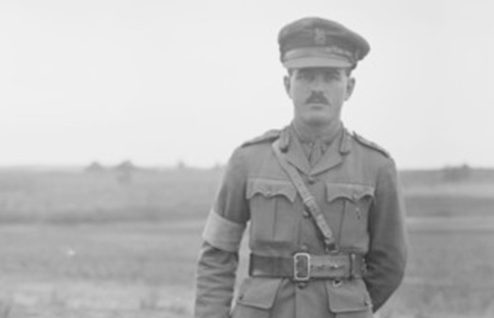
The UN’s Greatest Peacekeeper, Lieutenant General Robert Harold Nimmo CBE – Podcast
Robert Nimmo was the first Australian to lead a UN Peacekeeping mission, in India and Pakistan, as well as serving his country for over 50 years. This podcast tells his story.
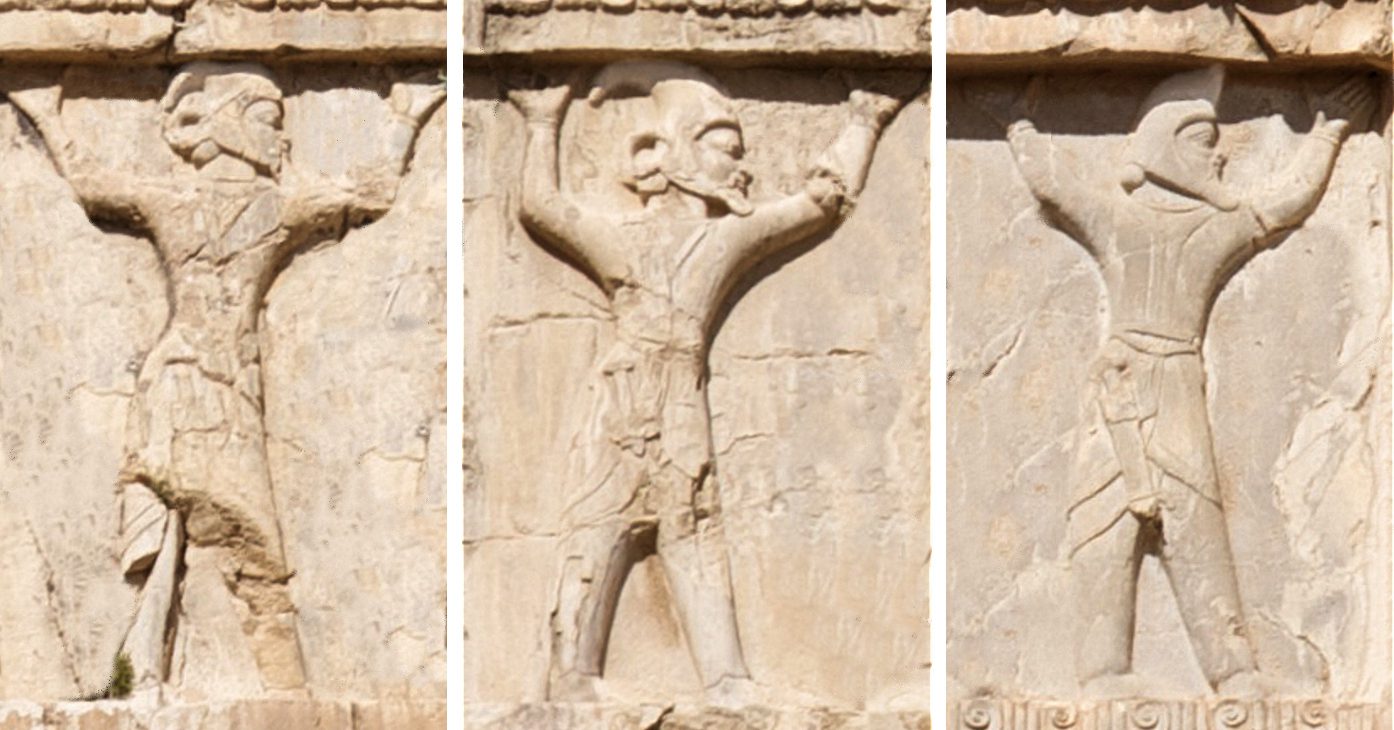
General History Quiz 190
1. Where did the Scythians originate?
Try the full 10 question quiz.

The Australian Government doesn’t want humanities graduates
The Australian government has announced that the fees for humanities degrees will more than double. This can only make our current epidemic of ignorance of history far worse. “When people who should know better do something egregiously silly, humanities graduates tend to apply their critical thinking skills to understanding why. Using the reasoning powers and […]
The text of this article was commissioned by History Guild as part of our work to improve historical literacy. If you would like to reproduce it please get in touch via this form.

